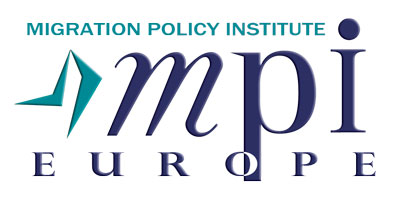MPI Europe Webcast: Experts discuss Brexit amid the pandemic
COVID-19, the Withdrawal Agreement and Citizens’ Rights: No time to waste
|
|||
|
This Migration Policy Institute Europe webinar will explore how governments’ withdrawal agreement implementation plans have been affected by COVID-19, and the potential implications on citizens’ rights at the end of the transition period and beyond. Which populations are most at risk of being left behind at the intersection between Brexit and the pandemic? What contingency measures could mitigate these vulnerabilities and keep implementation timelines on track? How can governments do smart outreach to groups that may have more immediate health and economic concerns, or are increasingly isolated either at home or overseas? With no time to lose, how can governments in the European Union capitalise on the lessons from the United Kingdom’s EU Settlement Scheme and other regularisation programmes to get a jump start on implementing the withdrawal agreement before January 2021? And what actions and investments are needed for the post-registration period, e.g. the monitoring of UK and EU nationals’ ability to access rights as stipulated under the withdrawal agreement? |

